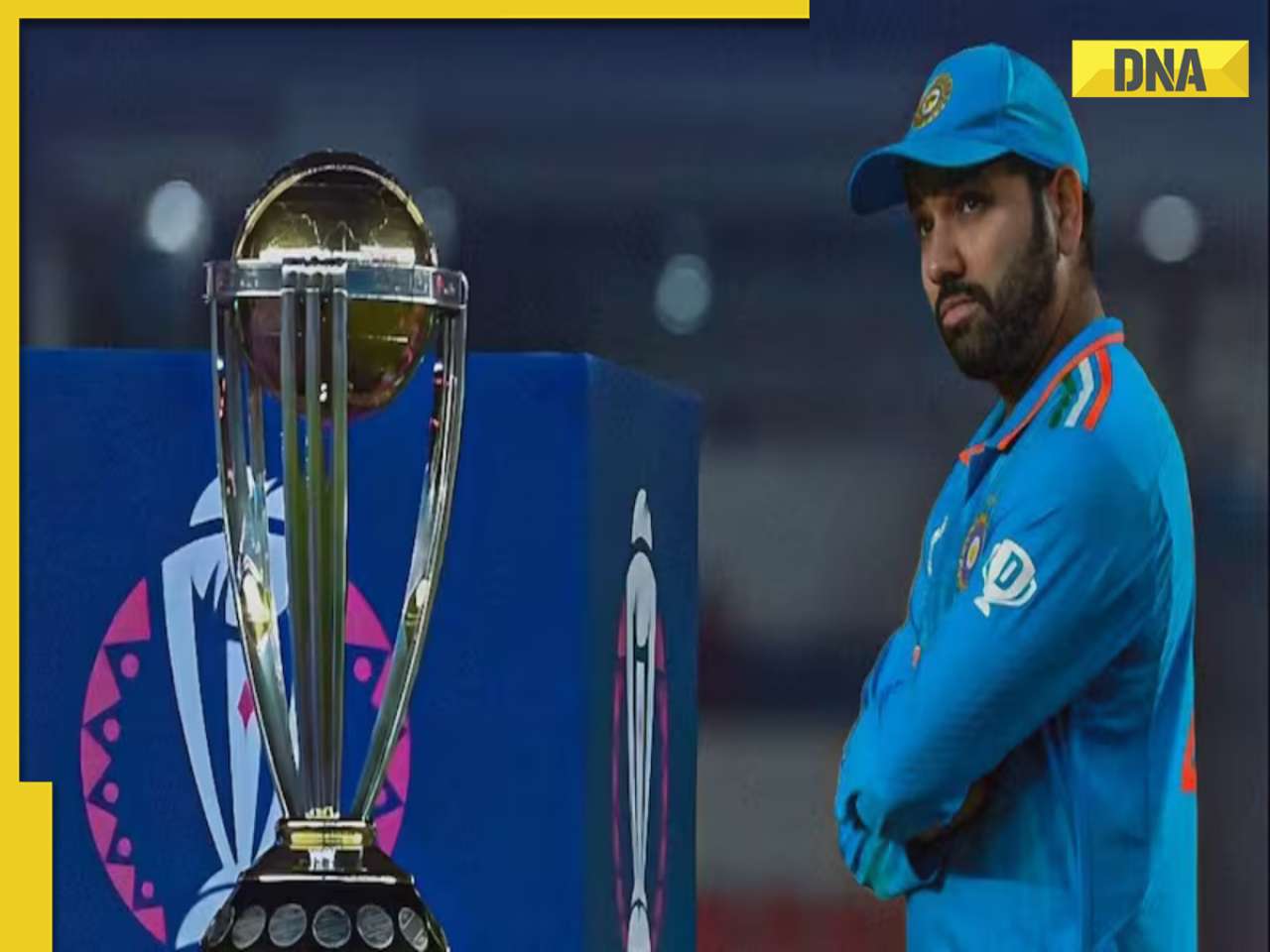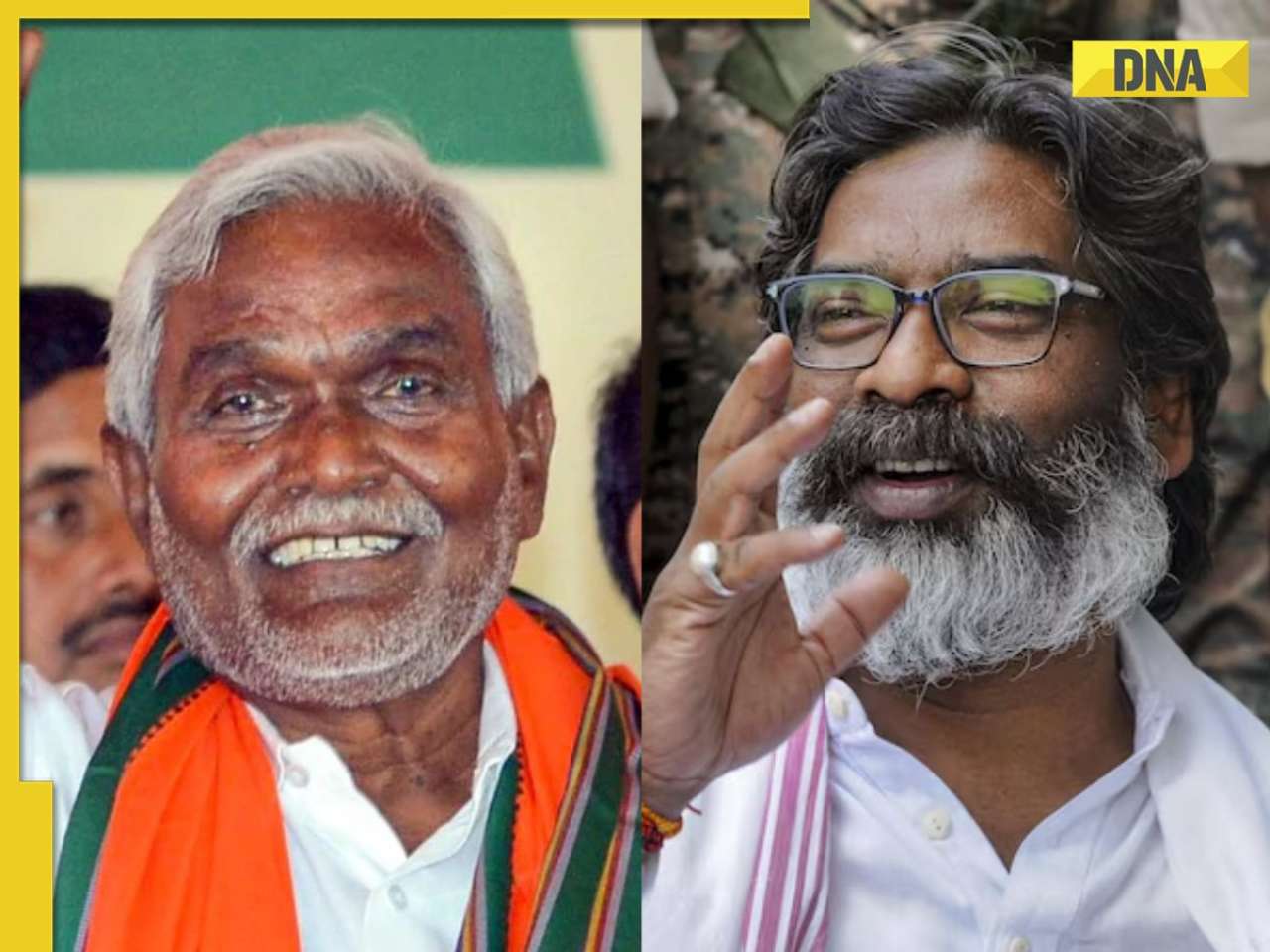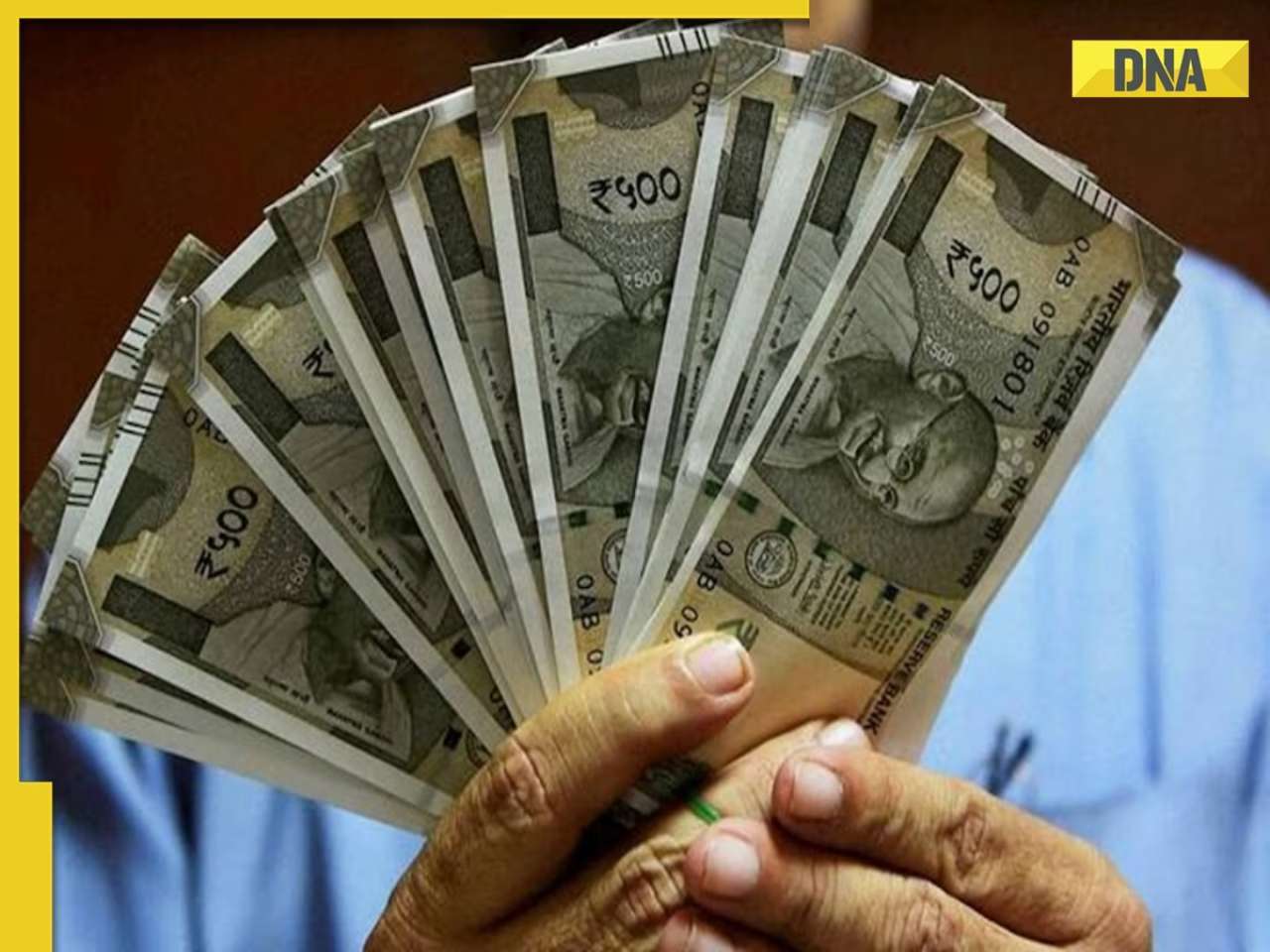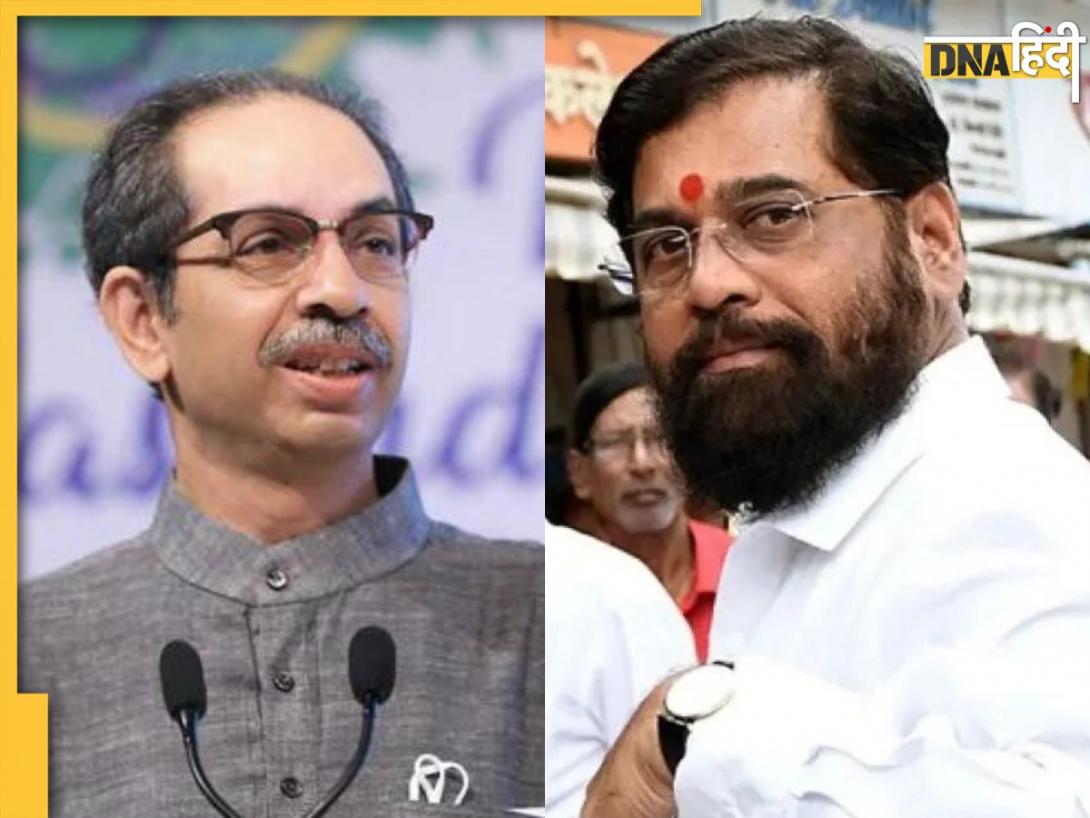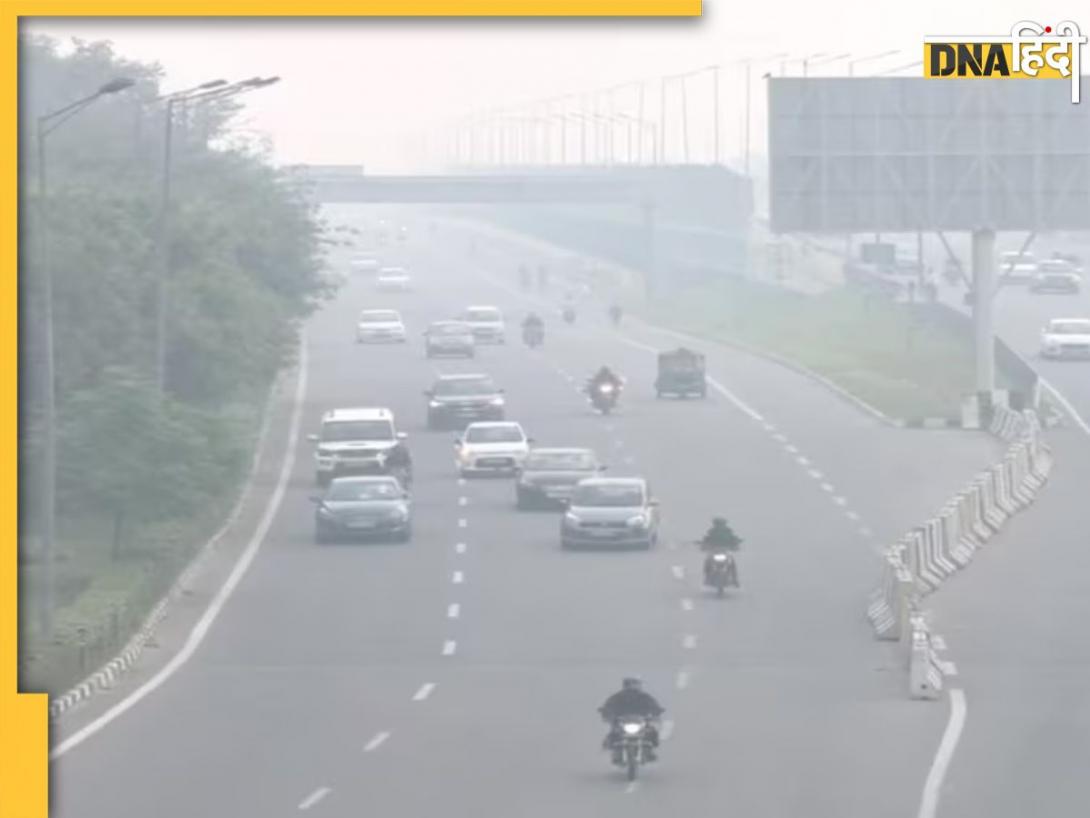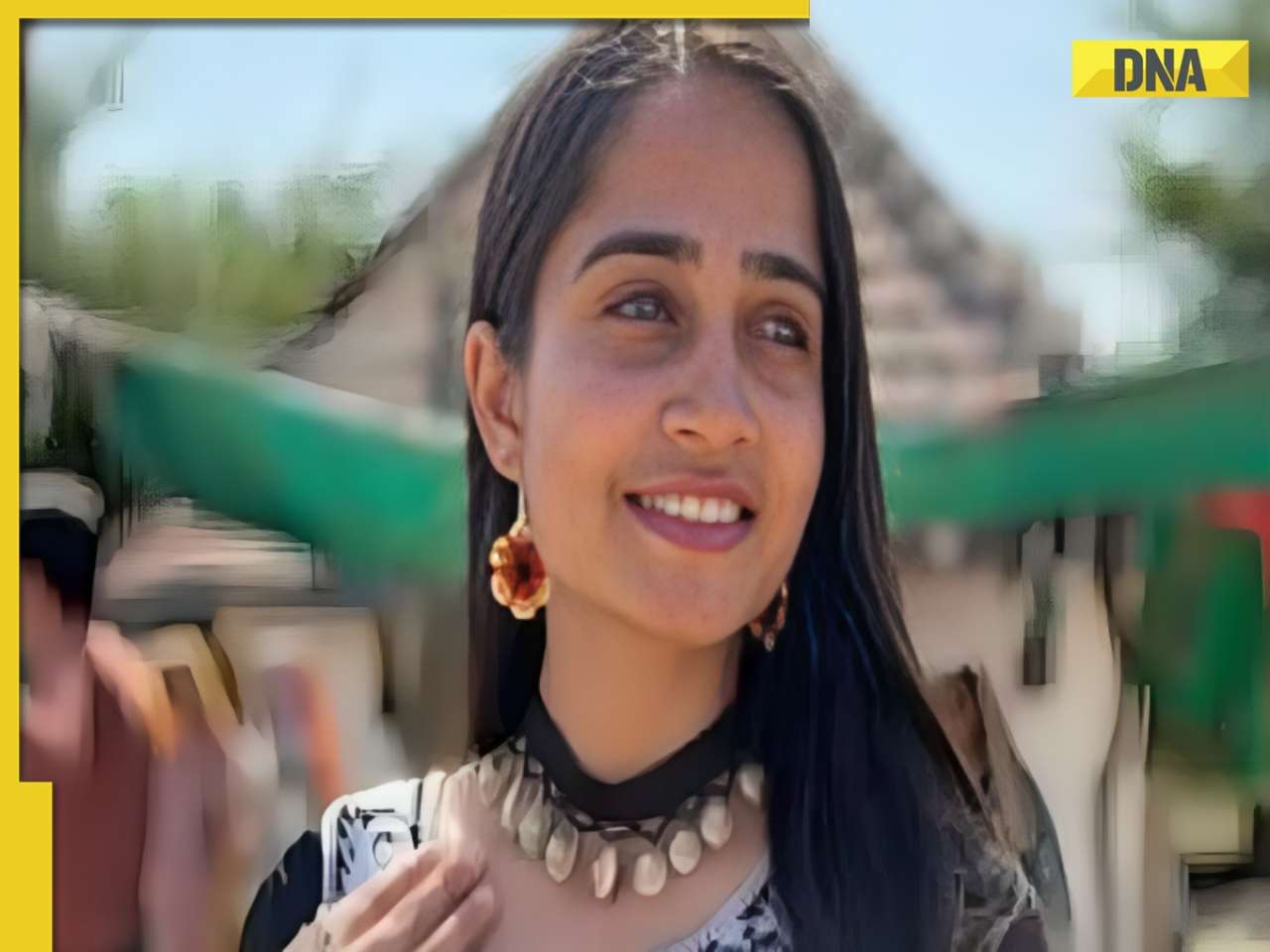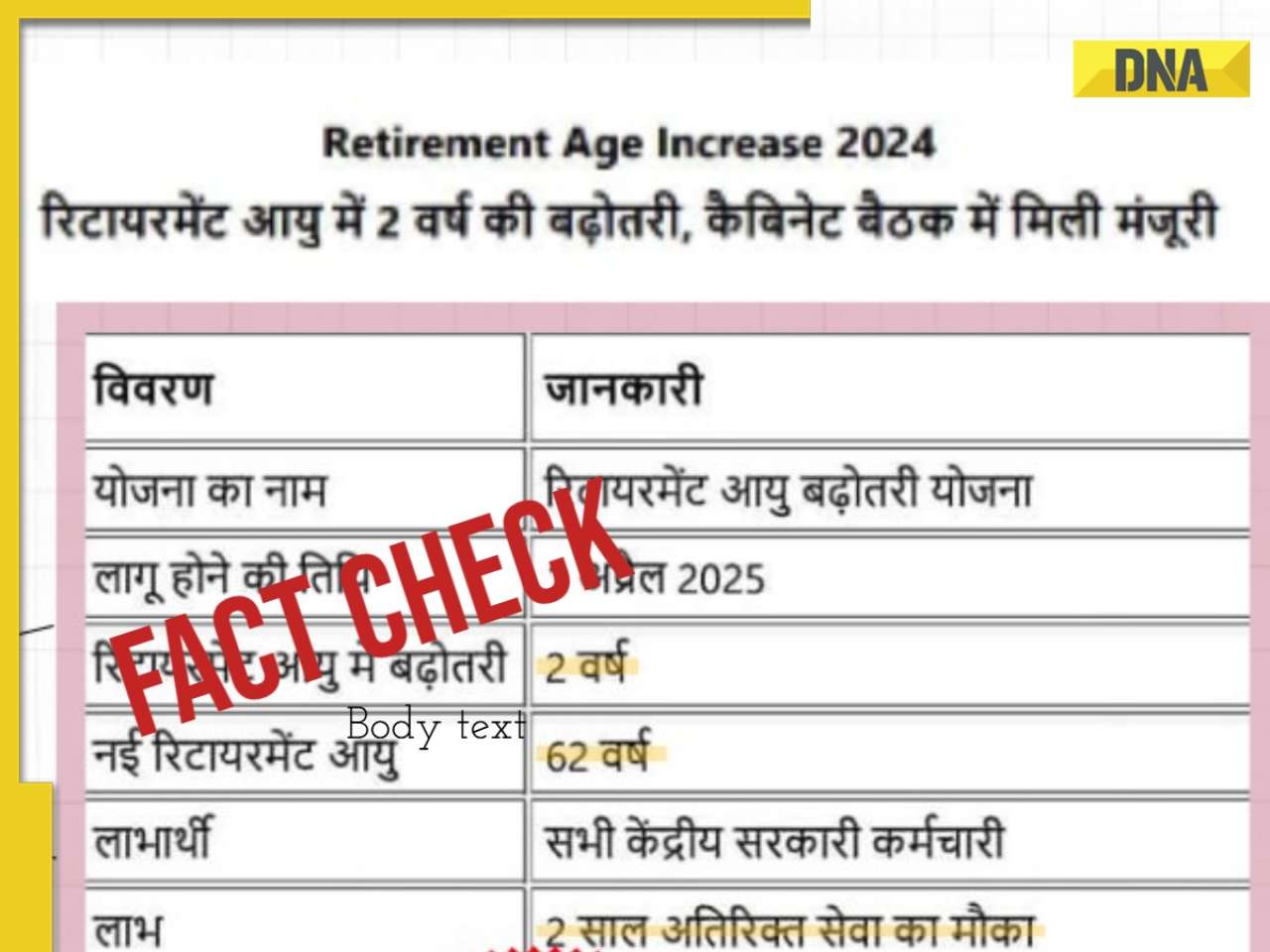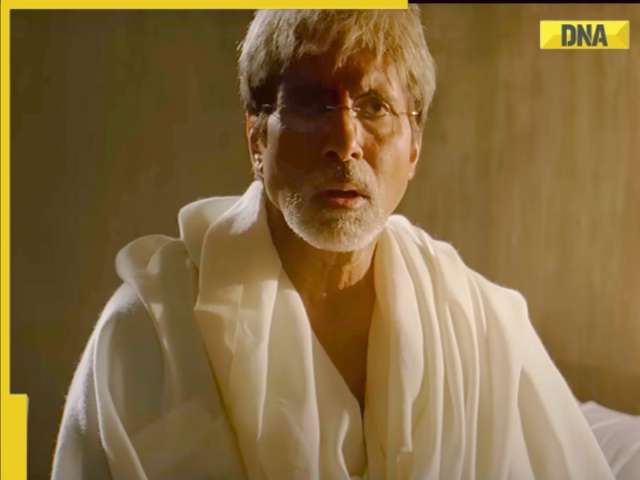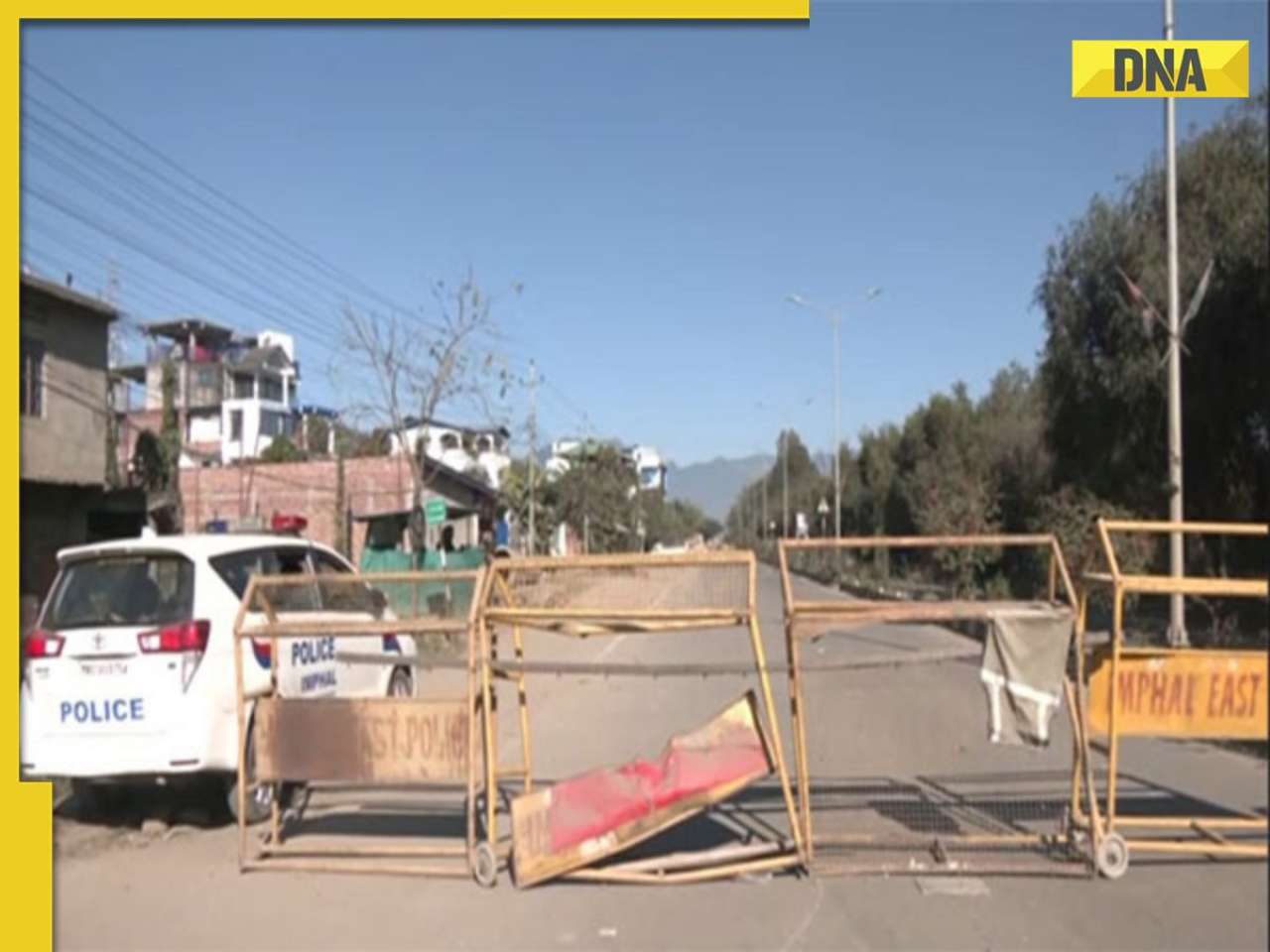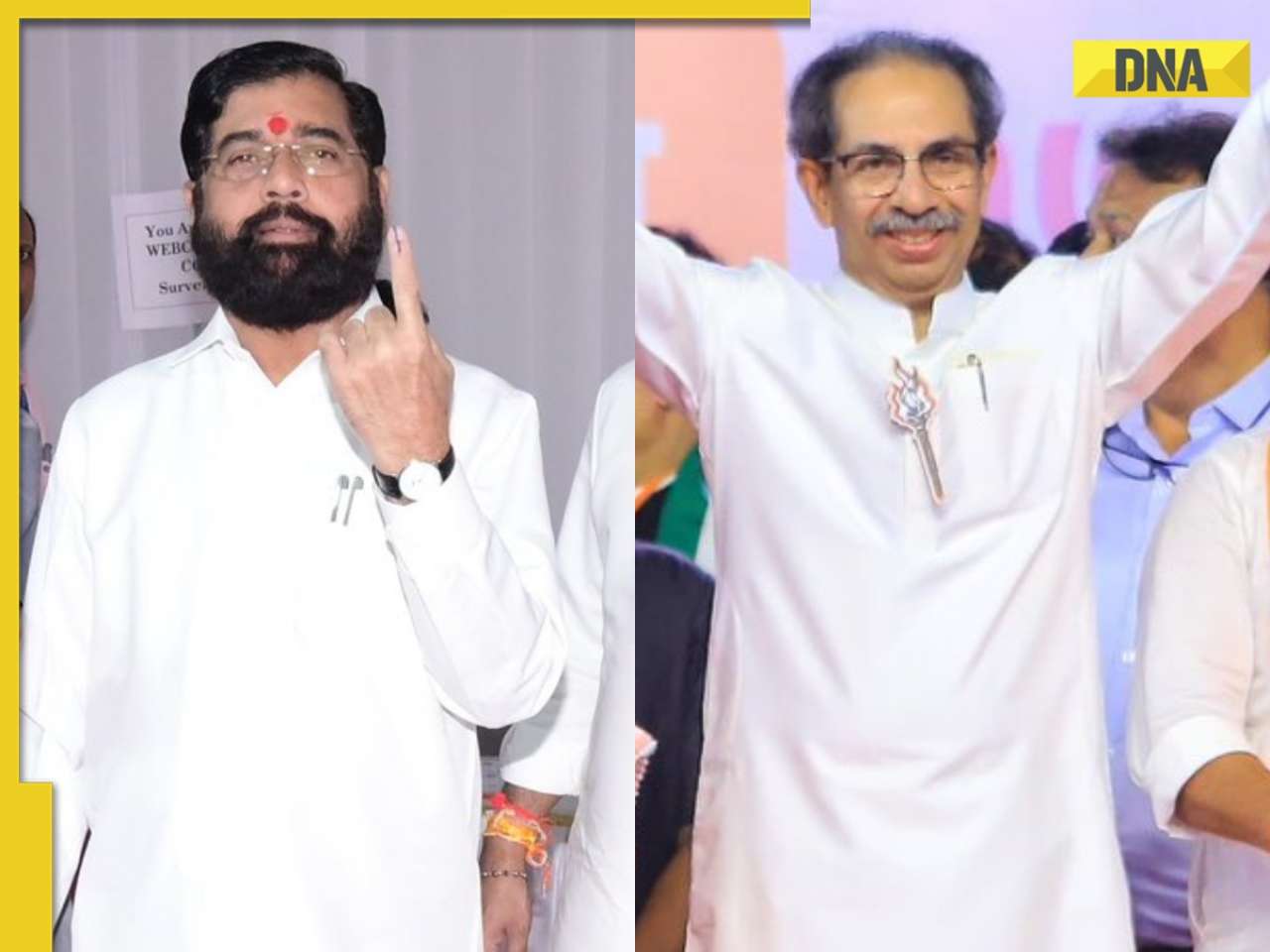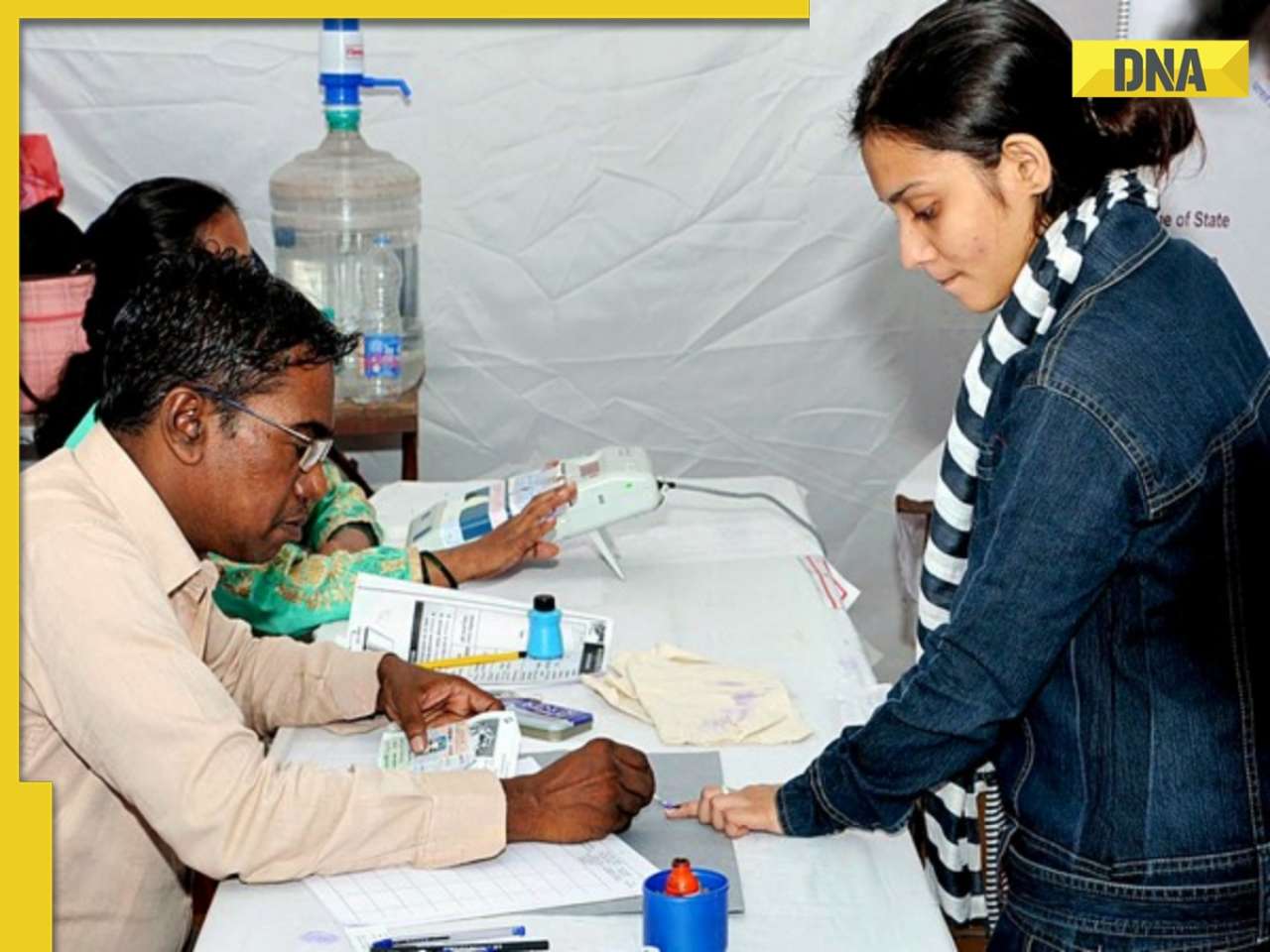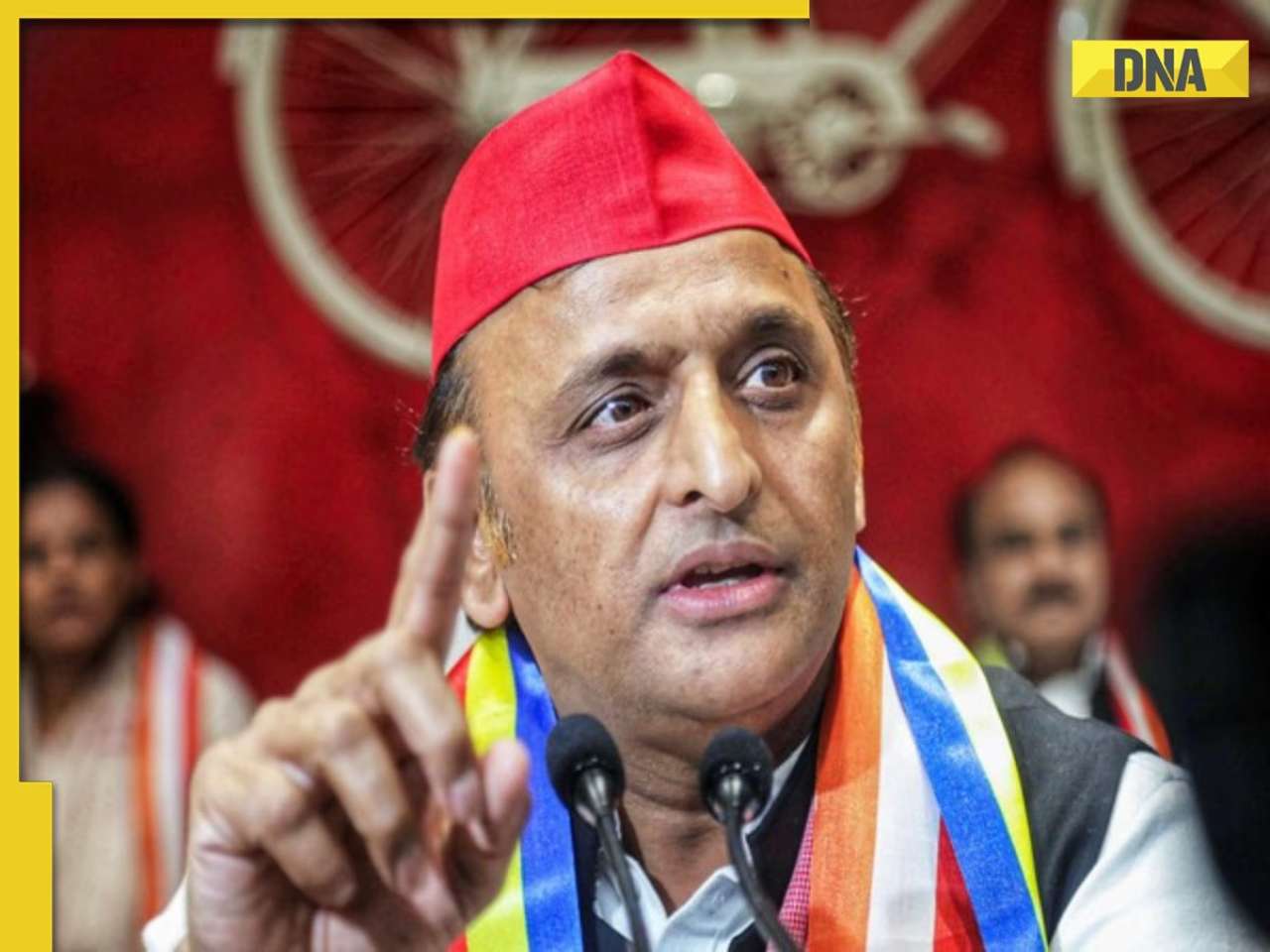- LATEST
- WEBSTORY
- TRENDING
ANALYSIS
The idea of a 'back home'
Mohan Krishnamoorthy describes his idea of India as "back home" when he used to live in Melbourne, and how his perception of "home" has changed.
TRENDING NOW
It was the end of a long flight back to Mumbai from Melbourne last year. I was tired and itching to get back to the comfort of my own bed after having been on the road for the best part of the preceding month. The stewards were preparing for landing, and one of them who was going around collecting headsets smiled at me and remarked, “Nice to be back home, I’m sure.”
The question set me off-kilter. I didn’t know what or how to reply. I smiled sheepishly and waveringly, as though the steward had just asked me to explain the principles of general relativity.
I lived in Melbourne for 17 years before moving to Mumbai in 2009 for professional reasons. At the time the steward asked me that question, I wasn’t sure what “back home” meant anymore.
The irony is that in all my years in Melbourne, I would always refer to India as “back home”. I would often talk almost longingly about the vibrancy, the anarchy, the energy and the chaos of life “back home”. I would weave in phrases about life “back home” in many normal conversations. So much so, that my Australian colleagues and friends would often ask if I intended to head “back home” to India some day in the future. “Back home” had become an integral part of my normal lexicon.
The clear empirical evidence there pointed to the deduction that, somehow, my memories, my senses and sensory experiences, directly or indirectly, considered that home wasn’t where I currently was. In this context, mine is probably not an isolated experience. It is possibly a diasporic phenomenon.
We move our locations (either across countries or within a country) for a variety of reasons of course, not least because of better – or different – career opportunities, better living standards, safety and (in some extreme cases) fear of persecution.
And when we move, along with our skills, capabilities, expertise and aspirations, we also take with us memories: memories of our childhood; of school or college; of cricket matches we may have played or watched; of football teams we may have supported; of our parents and the values they imparted; of arguments we may have had; of friendships, partnerships and relationships; of movies we watched; of pranks we may have pulled. And more. We also carry with us the values that make us who we are. Most of these are imprinted in us through the early stages of life, when we soak up everything that is around us from our parents, relatives, friends and role models.
In a beautifully written article, The West Indian Front Room: Reflections on a Diasporic Phenomenon, Michael McMillan writes, “The front room was a contradictory space, where the efficacy of the display was sometimes more important than the authenticity of the objects, such as artificial flowers, plastic pineapple ice buckets, floral patterned carpet and wallpaper that never matched, and pictures of the scantily clad “Tina” next to The Last Supper. The dressing and maintenance of the front room reveals a form of “impression management,” as in the flexible presentation of self that brings up issues of “good grooming” among people of African descent. It was very much my mother’s room, and as a second-generation, black British person from an aspirant working-class family of Vincentian parentage, I have ambivalent memories of it. I must confess that growing up I was embarrassed about the front room’s aesthetics, as it seemed in “bad taste,” or had no taste at all; in other words, it was “kitsch”—a pejorative social code for working-class culture.”
And I could relate to that completely as I set up home in Melbourne. It was as if around me, I had objects that both validated and reinforced my own memories of “back home”. Moreover, I continually saw objects such as these in almost every home I visited, and these provided more reinforcement of these memories and values. It was hard to escape, or perhaps I did not want to escape them. I was comfortable with the notion of “back home”.
There were other significant behaviours and anchors too that played to the collective memory of “back home”. Though I was constantly striving to integrate – socially, culturally and politically – into the nation I had embraced as my current “home”, I was constantly and acutely aware of my origins, not only by my ‘front room’ but also by the clothes I wore, the way I spoke and the values I held.
Meanwhile, value systems were undergoing a quiet metamorphosis in India – if it is even possible to identify, leave alone quantify something as complex as an average set of values that characterise a society or system. But I held on to the values that I knew and cherished.
I read the Sydney Morning Herald and The Hindu everyday. I attended and organised Indian classical music concerts, ate Indian food, attended Dandiya nights during Navratri, played cards during Diwali and got together with Indian friends regularly. And when we got together, we would speak in Tamil or Hindi or Telugu or Gujarati. I attended (and helped friends organise) Indian weddings and (sadly) cremations just the way these are conducted “back home”. I would regularly call family and friends “back home”. And I would occasionally send remittances “back home” and helped contribute to India being the country which receives most remittances from diaspora. Our homes became, in Michael McMillan’s words, a “museum of archived memories”. The objects in it become metaphors that constantly reminded us of our memories and values.
So, it was somewhat natural that for many like me, India was “back home” for much of the duration of our stay overseas. During holiday trips “back home” from Australia or the US or Great Britain, we may have despaired at (or criticised) the lack of progress or resources or hygiene or facilities as we energetically shopped for more objects for our front rooms.
And then there are those, like me, who return to India to work, after having lived and worked overseas for many years. We may have returned for a variety of reasons: professional, personal, or both. The longer the “returnees” live overseas, the more difficult it is for them to reintegrate into their home of origin. The readjustment is not only to a different pace of life but also to a community identity that is shaped by values very different to the ones locked away in their collective memories.
My reintegration was certainly very difficult. But, as I write here, my wife and I wanted to undergo the “returnee” experience mainly for myself. It was a decision that was self-imposed, selfish and self-focused. We returned because we wanted to, unlike Sumedh Mungee, whose article inspired my blog post.
As a returnee, I needed to quickly re-emerge from the value time-warp I was in and readjust to a society and a culture that had changed quite dramatically. This was exceedingly difficult for me considering I – like many other returnees – had gained and absorbed an Australian identity even without actually realising it.
I was acutely aware of the common perception that returnees come with an attitude baggage that includes a seemingly never ending series of patronising attitudes. As a returnee, I did feel a sense of cultural alienation but was acutely aware that I did not want to be a passenger, an observer or, even worse, a tourist. This was “back home”, for heaven’s sake!
Without my noticing it however, over the last four years that I have lived in India, I must have realised that “back home” wasn’t really India anymore. Indeed, without my realising it, I hadn’t used the term “back home” as often as I had, while I lived in Melbourne. The concept of “back home” itself had become quite alien to me. Certainly India did not resonate anymore as “back home”.
I realised this because the steward’s question completely shook me. After what seemed like an eternity, I answered awkwardly, “No, actually. I’m travelling from home to the city I currently work in.”
I was initially shocked at my own answer. But on reflection, I started to come to terms with that immediate and seemingly knee-jerk assertion.
It isn’t as though I have suddenly developed a sense of dislike for India. It is not as if I have given up on the concept of India or my love for the country. It is not as if I had discovered a new sense of detachment from India and her people. I love my life here in India as much as I did earlier, in my memories of India as a young lad. It is just that, to me, the “back home” question speaks more of the images that get associated with the roots of who and what I am today. For me, home is less about the place where my family resides or one strongly associated with my memories as a child. Nor is it just about the soil of the place I was born in.
Today, home is more about the place I am happiest, where I am most at ease, where I am least awkward, where my friends live, where I can run in peace, where I can laugh at or crack a silly joke without being judged, where I feel the air I breathe travel through my body, where I feel an unstoppable and relentless surge of energy inside me, where I sense and witness a clarity of thought, where I see maximal alignment of my own values with the values of the community I am a part of, where I want to (and feel that I can) contribute and make an impact to the society around me, where I can be who I want to be...
In that sense, home to me had become the place where my mind, body, intellect and soul were in sync with the earth, the environment, the community and the contexts around me. It had become the place where I fashioned for myself a sense of my own, unique identity. I had unwittingly allowed for the possibility that my home might even change with time and that, a few years from now, I might refer to New York or Toronto, say, as “back home”.
It is said that it is only when we step out of our existential comfort zones that we can see with clarity all that is important to us. This is particularly relevant in our world today where it is said that, for a variety of reasons – political, social and economic – over 250 million people live in a country other than the country of their birth, and over 700 million people migrate to a different “home” within their own country (read here).
My stint in India has allowed me to see more clearly that this concept of “back home” is mildly irrelevant in today’s world and that I had used it many a time without thinking about it clearly enough.
As the steward moved away from me, headset in hand, I drew her attention again and said, “No scratch that. I am travelling from what is currently “back home” to the place I currently work. Of course, this could all change next year.”
The author is a cricket tragic, a keen trekker, and music rasika. He tweets @mohank, and blogs at i3j3cricket.com and mohankaus.blogspot.com.







)
)
)
)
)
)
)
)
)
)
)
)
)
)
)
)





